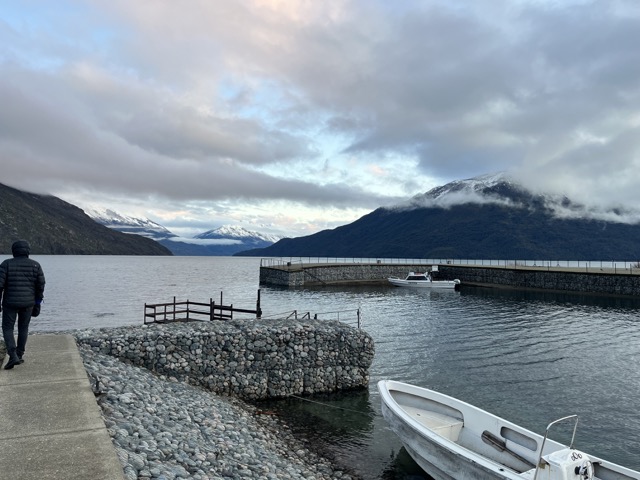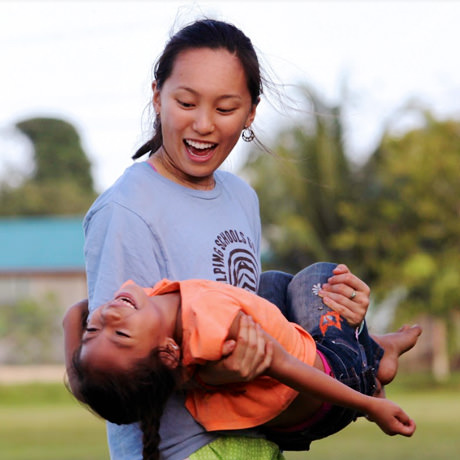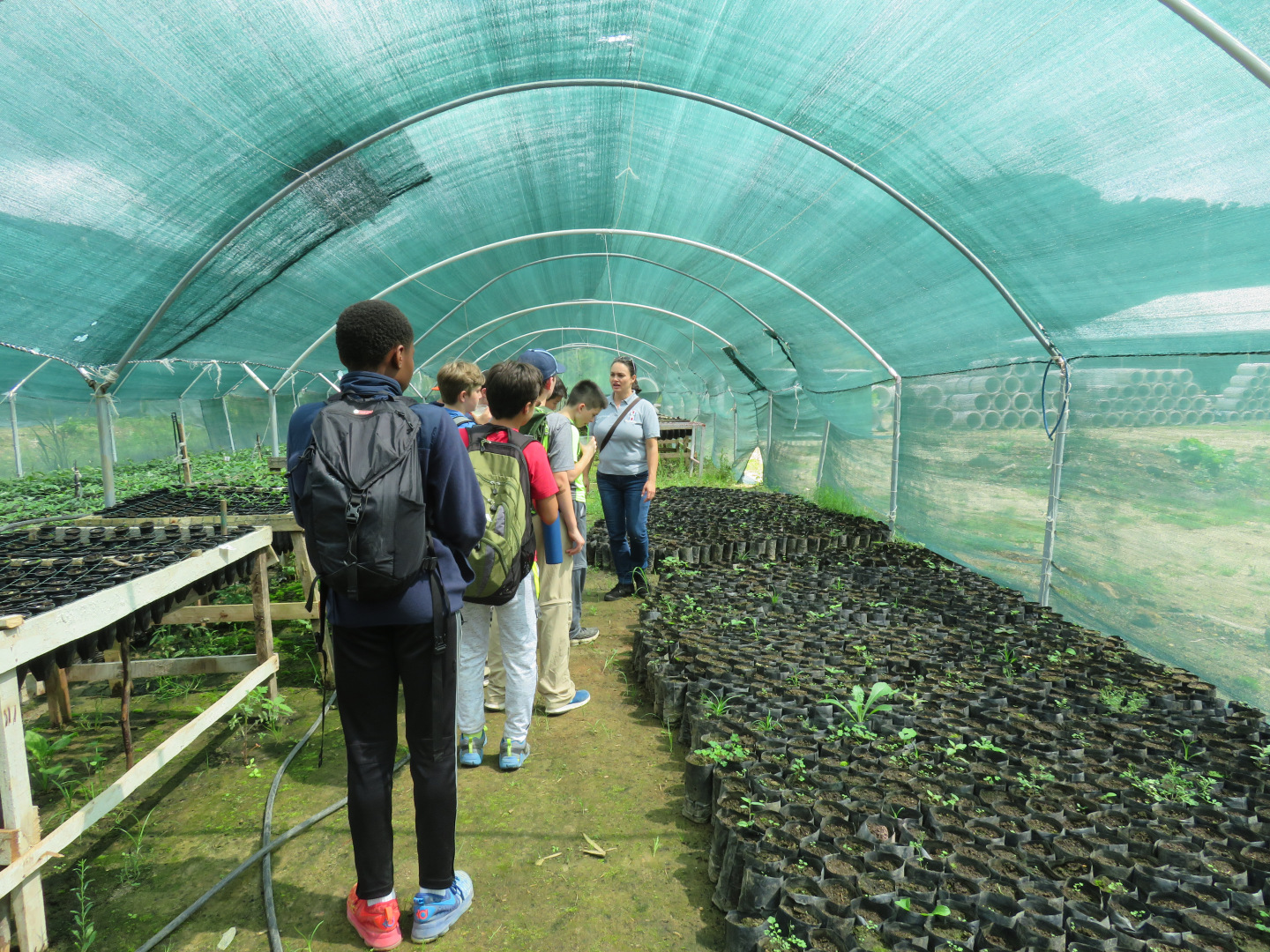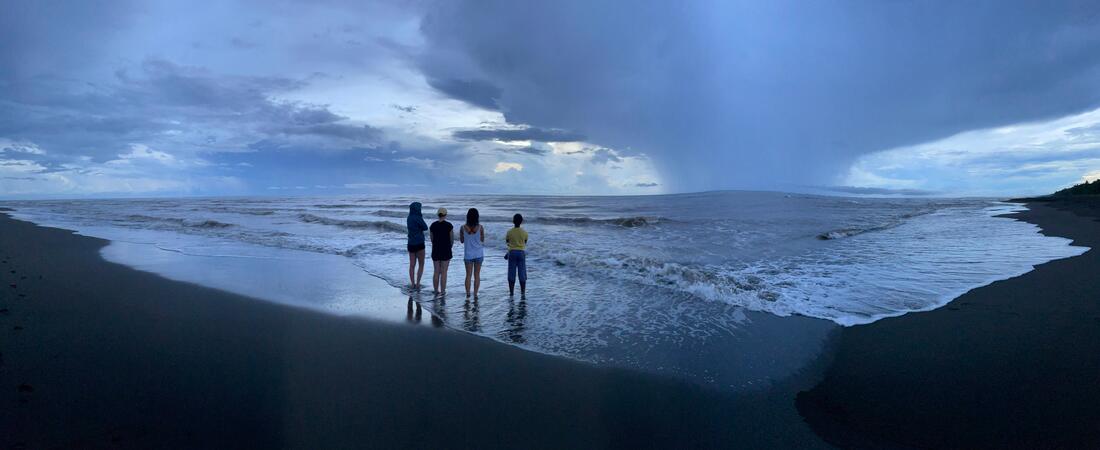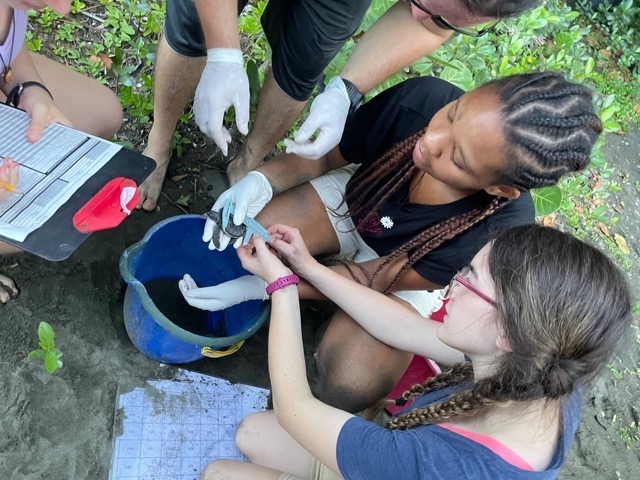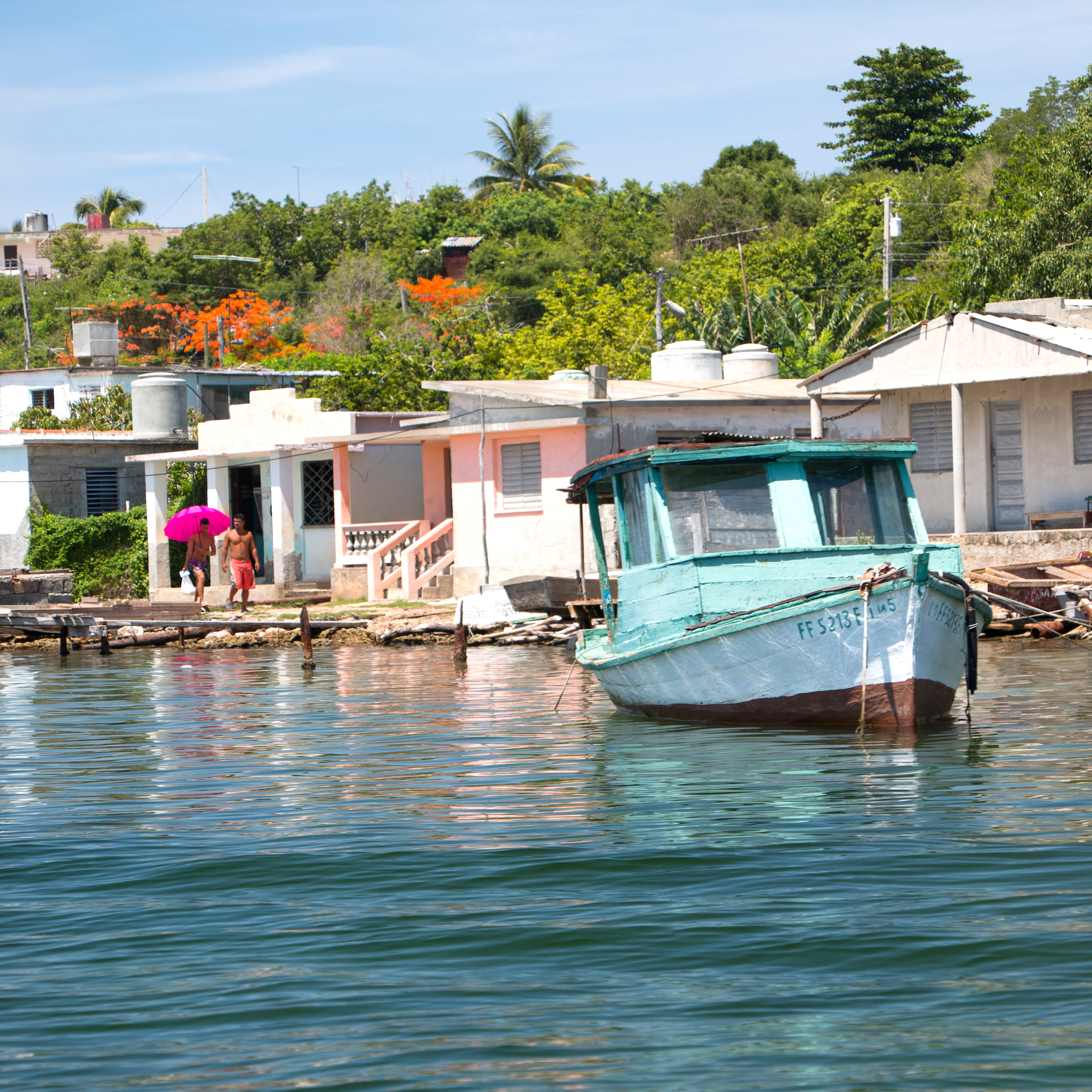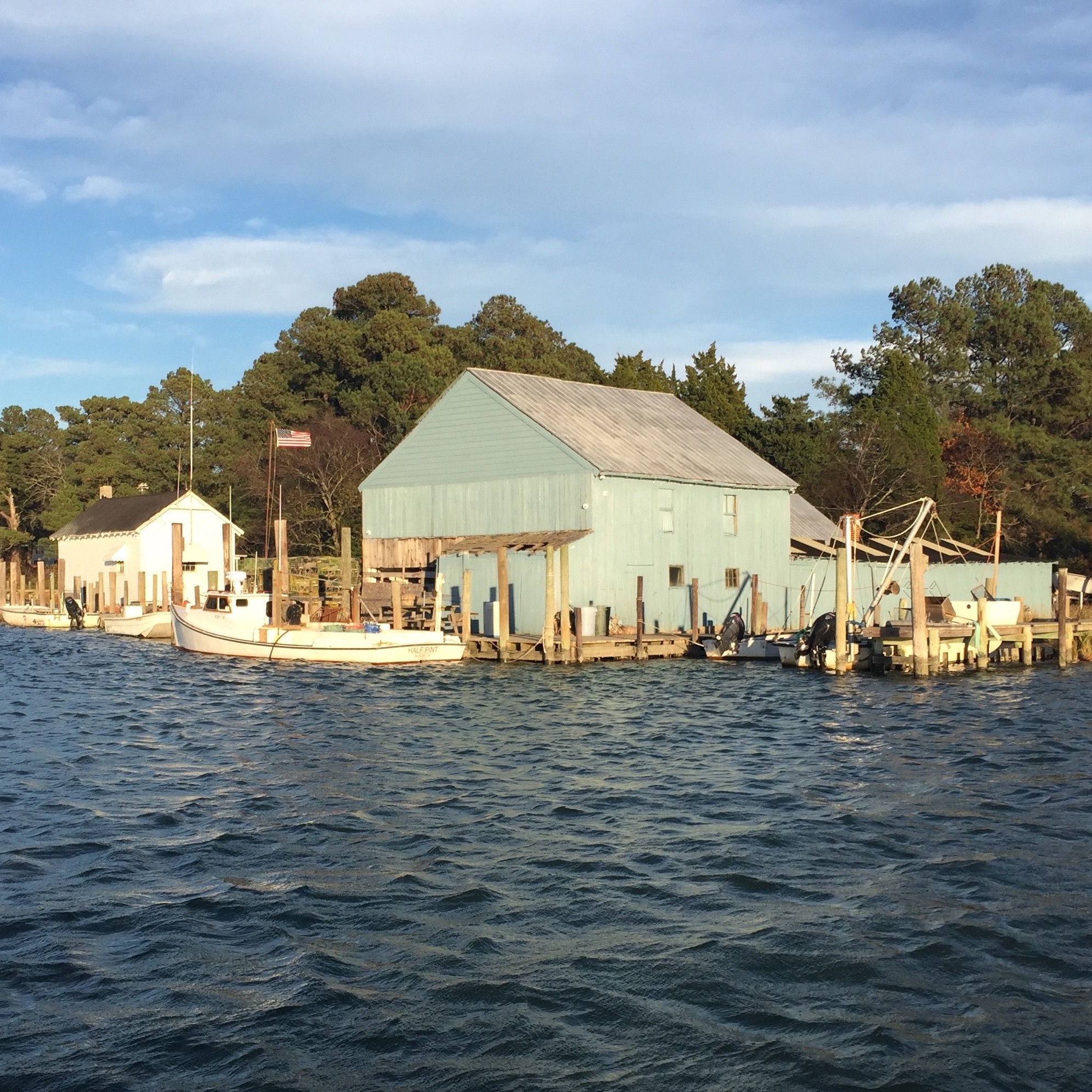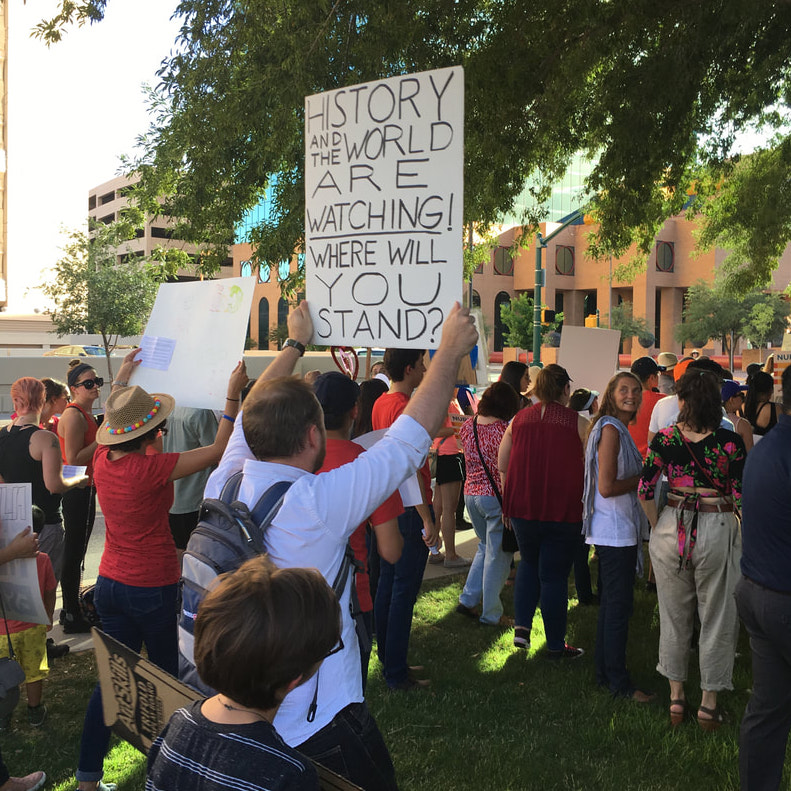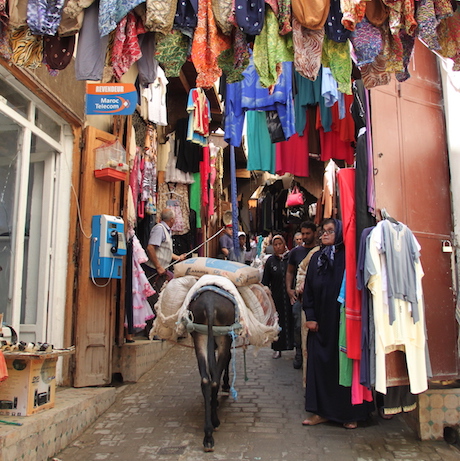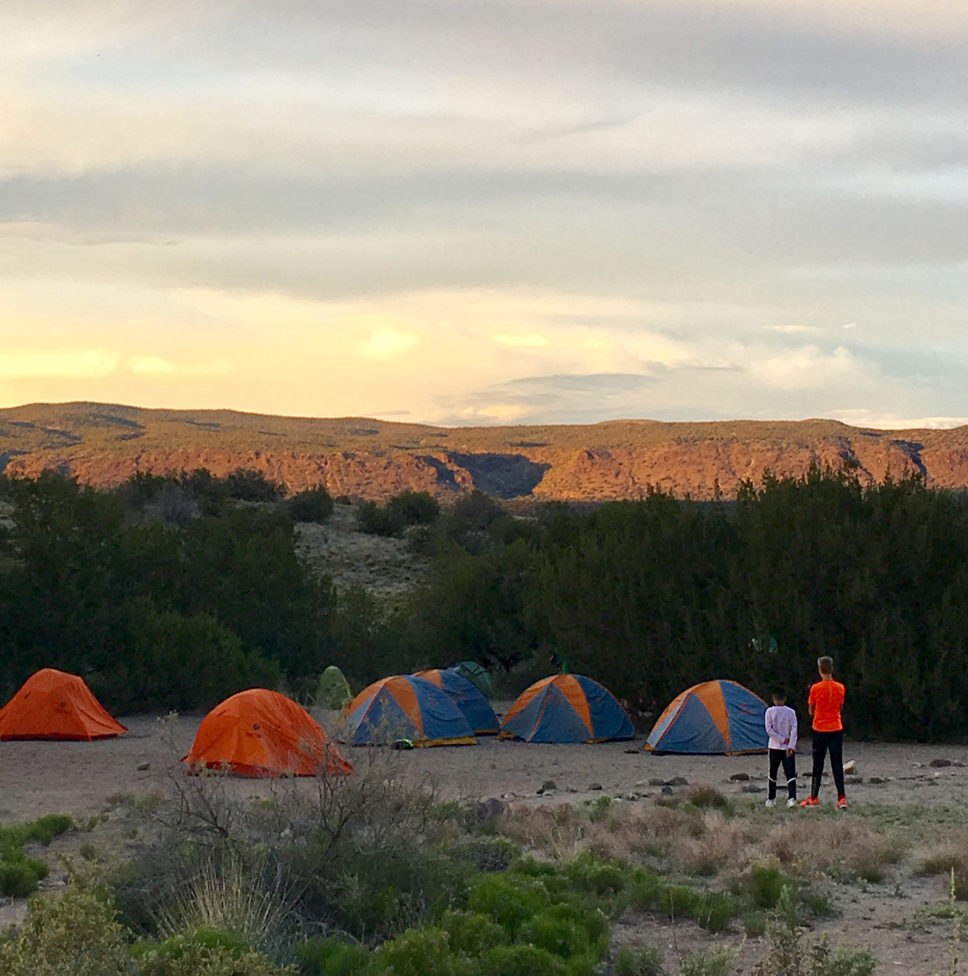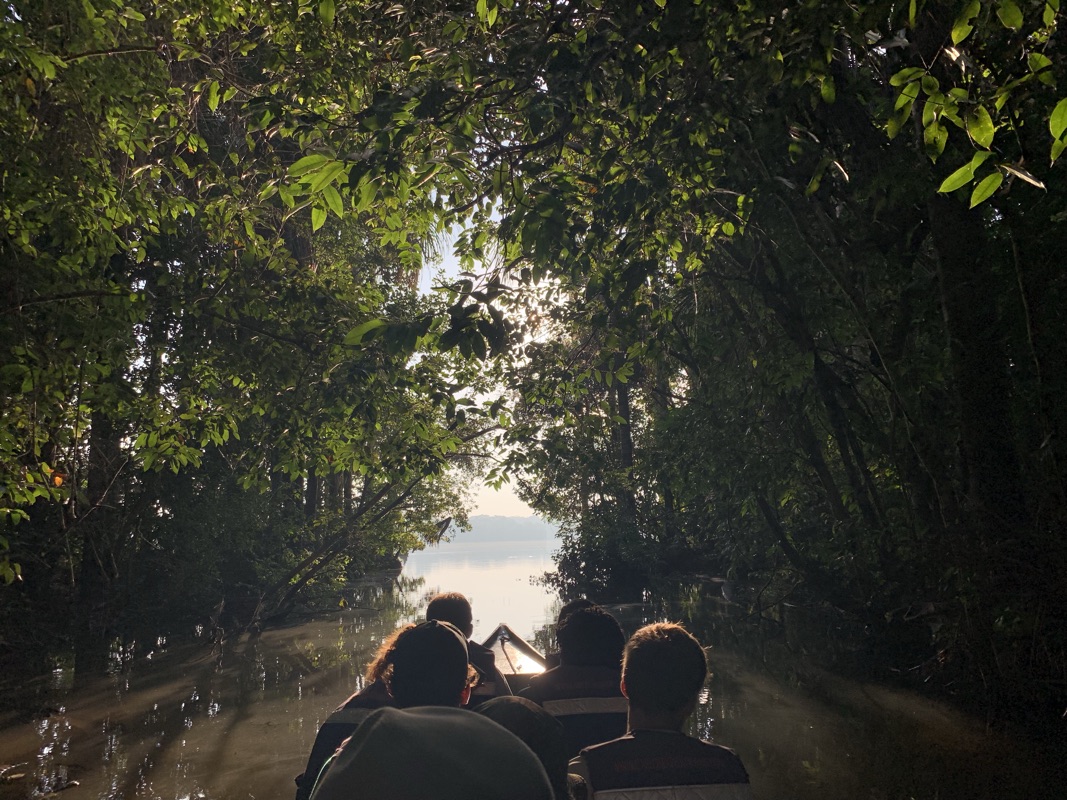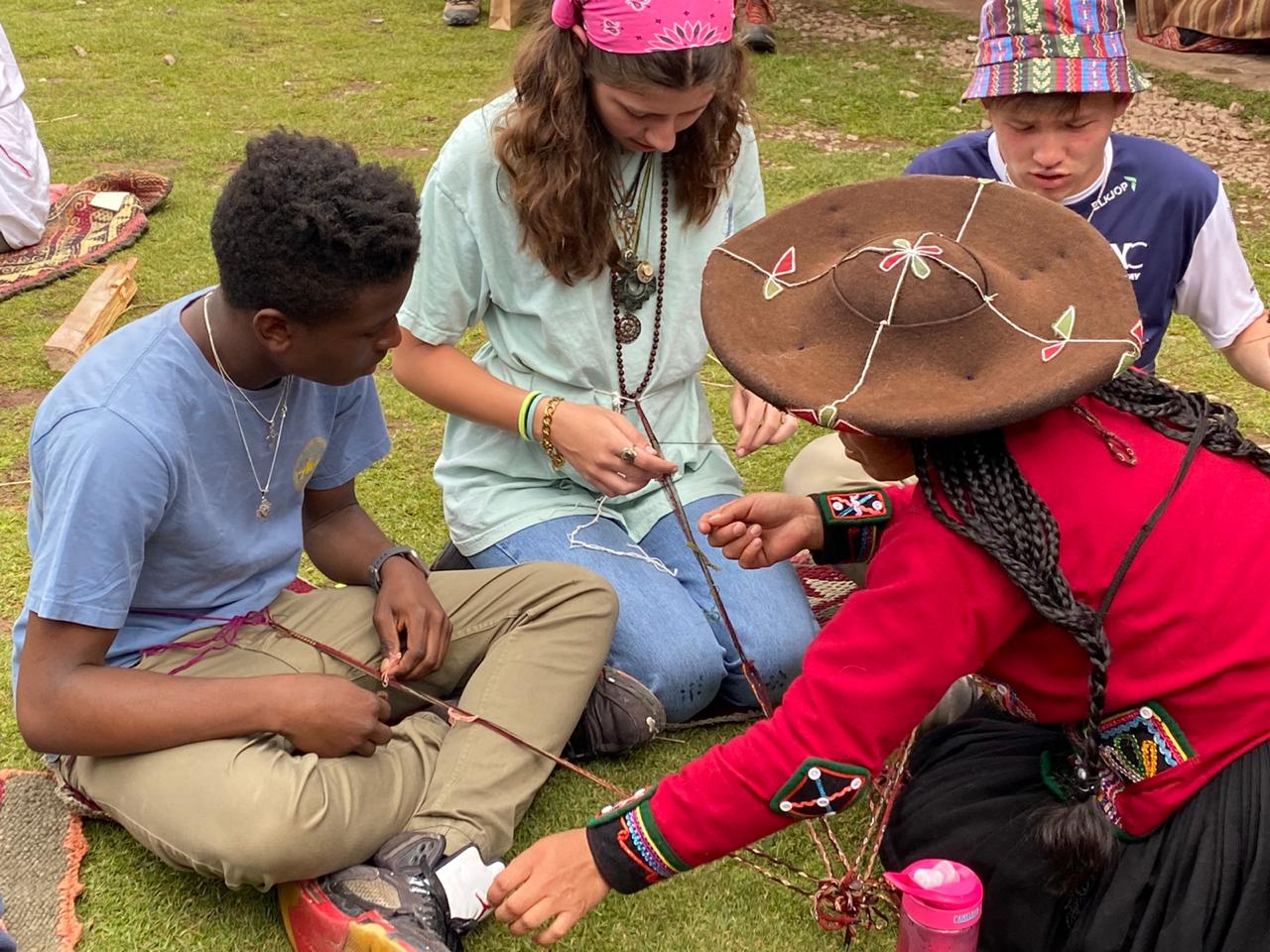Programs in Greece
World Leadership School works with various non-profit organizations in Athens that are working on the ongoing refugee crisis, which started in 2015 during the Syrian War and has continued ever since. As a primary entry point to Europe for many fleeing conflict and other crises in the Middle East and Africa, Greece has struggled to accommodate the influx of millions of refugees and asylum seekers. Greece’s response to the refugee crisis continues to evolve alongside attitudes of neighbors like Turkey and the European Union. In the early part of the crisis, Greece has displayed compassion and solidarity with the immigrants and provided shelter, food, and medical assistance to those in need. More recently, Greece has prosecuted humanitarian groups that are rescuing refugees in the seas off its coast. During this program, participants will learn from and work with these organizations to better understand the worldwide refugee crisis, and the varied responses to it.
Greece, located at the southern tip of the Balkan Peninsula, is a diverse nation with a rich history. Its capital, Athens, is home to a third of the population but this nation also includes over 2,000 islands, of which the largest is Crete. The country’s landscape is characterized by oceans, mountains, and lowlands, with mountainous terrain covering four-fifths of its expanse. Greece’s strategic location at the crossroads of Europe, Asia, and Africa has shaped its history, from ancient Classical Greece to Ottoman Turkish rule, which ended in Greece’s independence in 1830.
In the 20th century, Greece saw economic and social transformation, with tourism and shipping driving its economy. The adoption of the Euro in 2004 helped the economy grow. However, the 2008 global financial crisis plunged Greece into debt and sparked political turmoil and high youth unemployment. As a result, millions of Greeks have settled abroad. Notably, in 2020, Ekaterini Sakellaropoulou became Greece’s first female president and was elected by parliament.
The safety of our programs rests on the experience and skills of our Staff, Country Coordinators and Instructors, who convene at our annual training in Colorado’s Arkansas Valley.
- The Staff of World Leadership School have decades of experience working in different educational environments. Their focus is logistics, risk management, program design, professional development, and consulting.
- Our Country Coordinators live and work year round in our overseas countries. They screen our homestay families, evaluate our transport and other service providers, and provide ground support for our groups.
- Our Instructors are veteran educators with extensive international experience. They have wilderness first responder training and often have past affiliations with Peace Corps, Outward Bound, NOLS, and/or independent schools.
We strive to responsibly manage risks. Our itineraries minimize highway travel and maximize immersion in rural communities that we know well. We update our risk management protocols, integrate feedback into program design, and invest in safety and communication equipment. Despite these efforts, World Leadership School cannot guarantee safety nor can it eliminate the inherent and other risks of international student travel. For information regarding program activities and associated risks, risk management, and student and parent responsibilities, please contact our office.
“This program inspired me to consider other perspectives, especially those of refugees. I also learned the importance of passion when tackling big global issues. I was also inspired to venture out and try completely new things from different cultures.”
— Student from The Chapin School
“[This program] made me realize the intersection between profession and purpose.”
— Student from The Chapin School
“This program encouraged and ignited my passion for human rights by exploring the topic in the field.”
— Student from The Chapin School


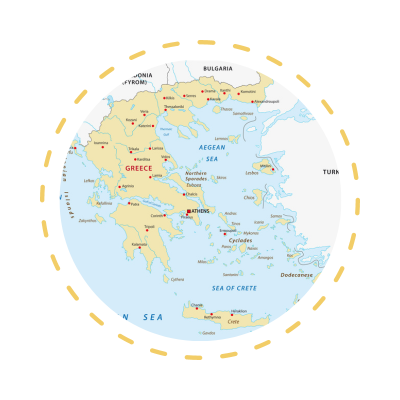
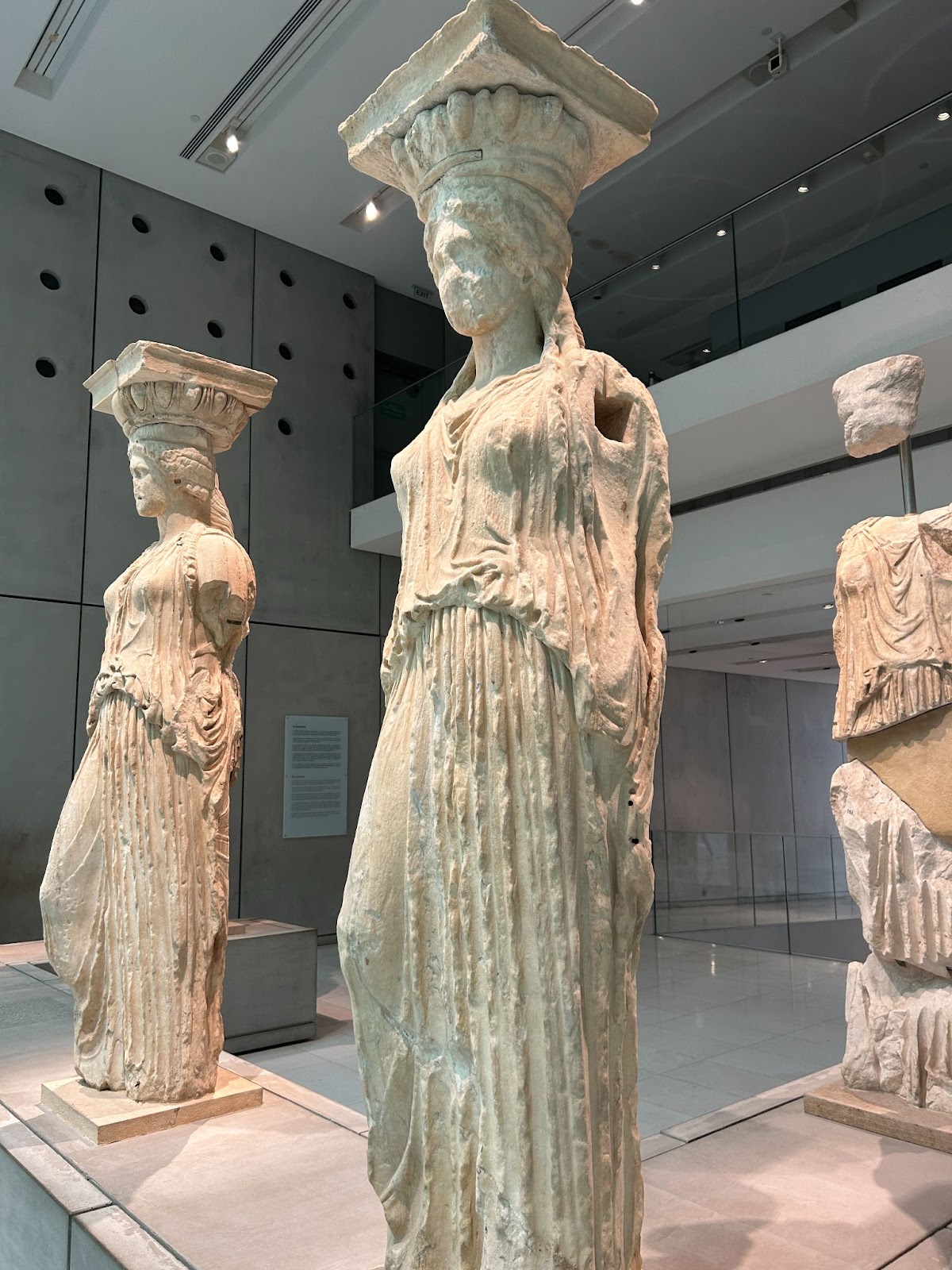

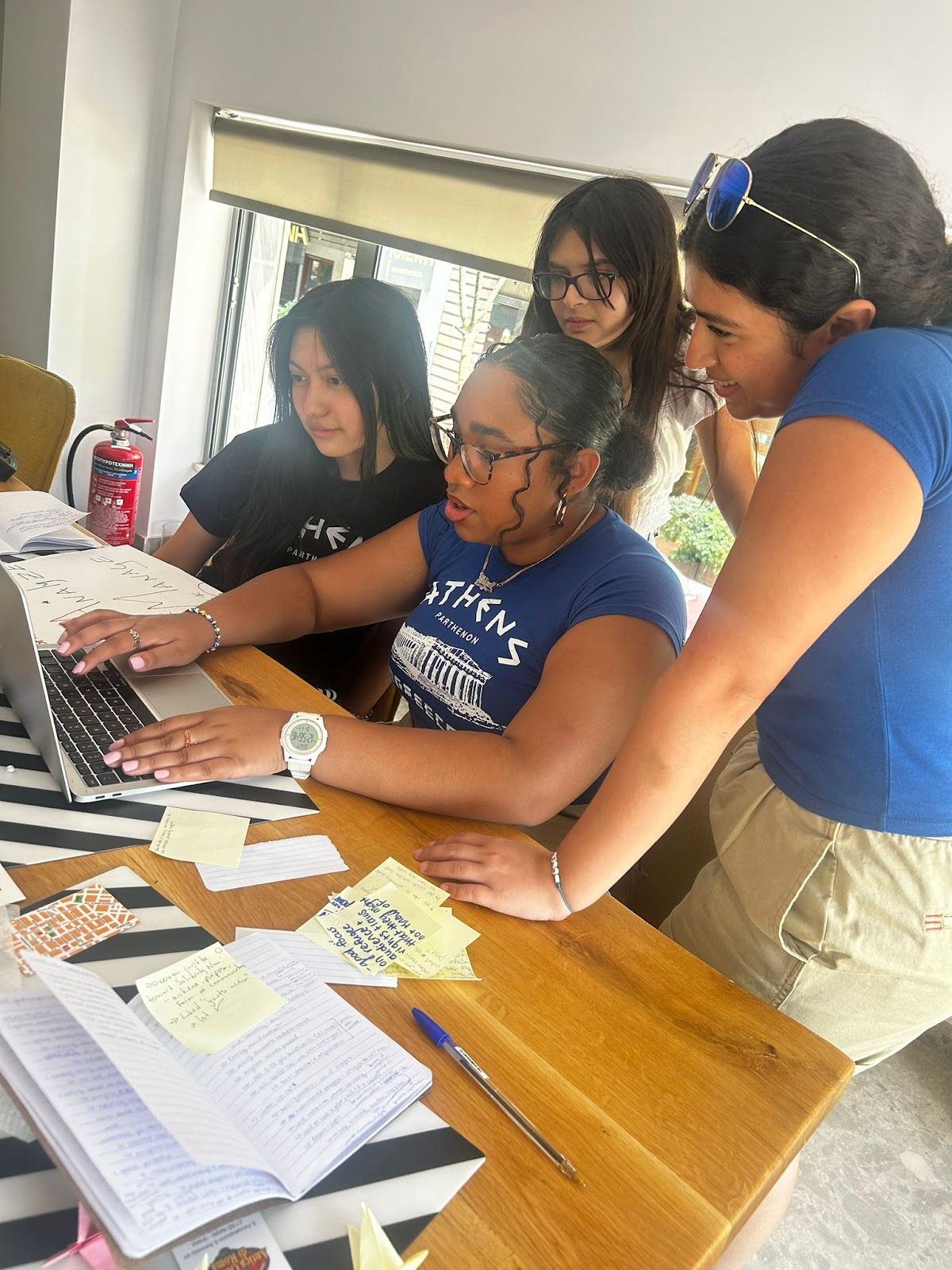
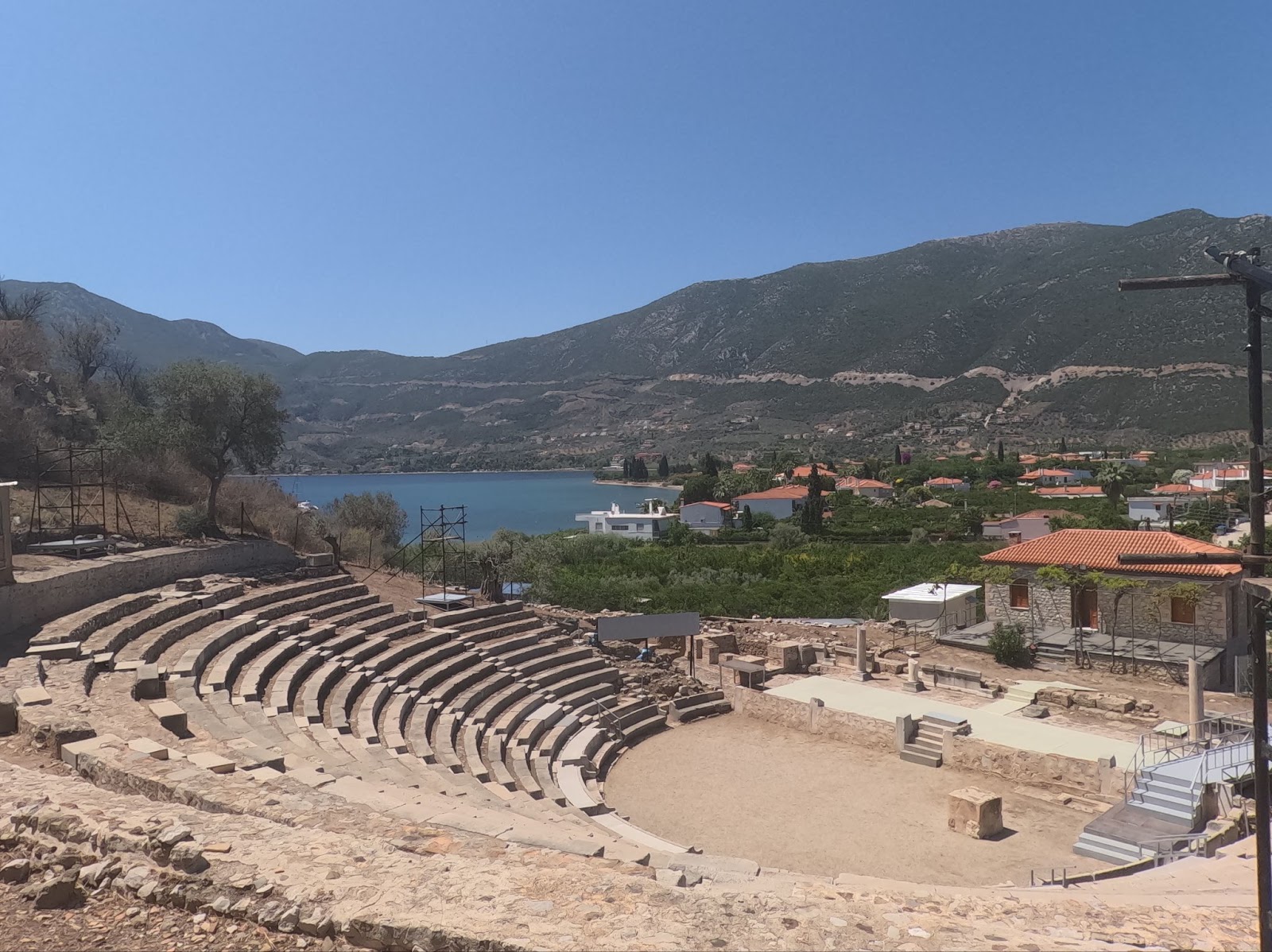

 Explore WLS
Student travel locations
Explore WLS
Student travel locations

